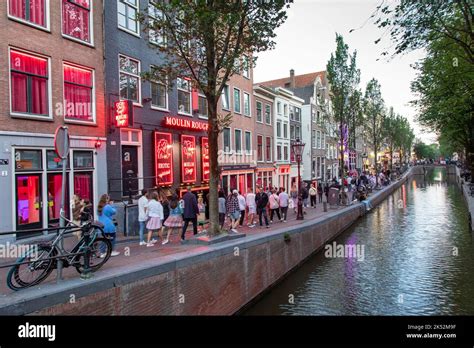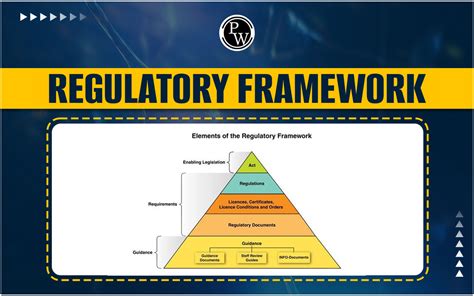Prostitutes in Holland

Legal Framework and Regulation

Prostitution in the Netherlands is a complex and multifaceted topic. It has been legal and regulated in the country since 2000, and brothels are also permitted to operate under specific regulations. The most famous red-light district, De Wallen in Amsterdam, is home to about 288 window brothels, where sex workers offer their services. The Netherlands has a total of 1,272 registered window brothels, with Amsterdam accounting for 378 of them. The Dutch government has implemented policies to ensure the legality and safety of sex work. Sex workers in the Netherlands are treated as independent entrepreneurs, paying taxes and requiring a business license. Many are also unionized, which provides them with additional protections.
Challenges and Support Systems
Despite the legal framework, challenges persist. For instance, human trafficking remains a significant issue, and exit programs for sex workers are in place to support those who wish to leave the profession. The Dutch government has introduced changes to the legal age for sex work, raising it to 21. This decision aims to protect younger individuals and ensure that those entering the profession do so voluntarily and with full awareness of the implications. Additionally, there are ongoing efforts to combat trafficking and exploitation, with shelters and support systems available for victims.
Cultural and Historical Significance

Amsterdam’s Red Light District has a rich history dating back to the 17th century. The area is a significant part of the city’s identity, with many historical buildings still intact. Some of these buildings now house museums, offering insight into the history of prostitution in the Netherlands. Public opinion on the Red Light District is mixed. While some view it as a tourist attraction, others raise concerns about its ethical implications. The Dutch government continues to evaluate policies to balance the rights of sex workers with the need to address exploitation and maintain public order.
Ongoing Debates and Reflections
The legal and cultural approach to prostitution in the Netherlands reflects a broader societal philosophy that emphasizes tolerance and pragmatism. By regulating the industry, the Dutch aim to reduce risks and ensure fairness for those involved. However, this system is not without its critics, and ongoing debates about its effectiveness continue. In summary, the Netherlands’ approach to prostitution is unique, blending legal regulation with efforts to protect and support those in the industry. While challenges remain, the system reflects the country’s commitment to addressing complex social issues through practical and tolerant policies.
*TAGS* – Legal prostitution in Holland, Red Light District Amsterdam, sex work regulation, human trafficking prevention, sex worker rights, Dutch prostitution policy, prostitution history Netherlands